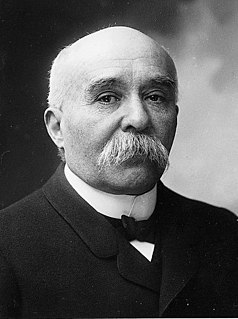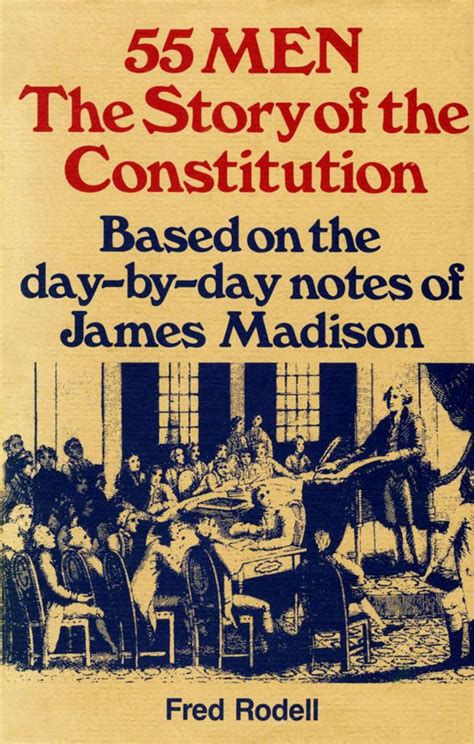Top 248 Statesman Quotes & Sayings - Page 5
Explore popular Statesman quotes.
Last updated on November 19, 2024.
The opposition is indispensable. A good statesman, like any other sensible human being, always learns more from his opponents than from his fervent supporters. For his supporters will push him to disaster unless his opponents show him where the dangers are. So if he is wise he will often pray to be delivered from his friends, because they will ruin him. But though it hurts, he ought also to pray never to be left without opponents; for they keep him on the path of reason and good sense.
On September 17, 1914, Erzberger, the well-known German statesman, an eminent member of the Catholic Party, wrote to the Minister of War, General von Falkenhayn, "We must not worry about committing an offence against the rights of nations nor about violating the laws of humanity. Such feelings today are of secondary importance"? A month later, on October 21, 1914, he wrote in Der Tag, "If a way was found of entirely wiping out the whole of London it would be more humane to employ it than to allow the blood of A SINGLE GERMAN SOLDIER to be shed on the battlefield!"
It is a mistake to think of these men as visionary dreamers, playing around at Philadelphia with abstract conceptions of political theory, pulling a whole scheme of government out of the air like a rabbit out of a hat. True, many of them had read and studied enough about the science of politics to put the average statesman of today to shame. But political science was to them an extremely practical topic of discussion, dealing with the extremely practical business of running a government--not, as today, a branch of higher learning reserved for the use of graduate students.
Adlai Stevenson, himself a notable speaker, often reminisced about his last meeting with Churchill. I asked him on whom or what he had based his oratorical style. Churchill replied, "It was an American statesman who inspired me and taught me how to use every note of the human voice like an organ." Winston then to my amazement started to quote long excerpts from Bourke Cockran's speeches of 60 years before. "He was my model," Churchill said. "I learned from him how to hold thousands in thrall."
What it 't to us, if taxes rise or fall,
Thanks to our fortune, we pay none at all.
Let muckworms who in dirty acres deal,
Lament those hardships which we cannot feel,
His grace who smarts, may bellow if he please,
But must I bellow too, who sit at ease?
By custom safe, the poets' numbers flow,
Free as the light and air some years ago.
No statesman e'er will find it worth his pains
To tax our labours, and excise our brains.
Burthens like these with earthly buildings bear,
No tributes laid on castles in the air.
We all strive for safety, prosperity, comfort, long life, and dullness. The deer strives with his supple legs, the cowman with trap and poison, the statesman with pen, the most of us with machines, votes, and dollars. A measure of success in this is all well enough, and perhaps is a requisite to objective thinking, but too much safety seems to yield only danger in the long run. Perhaps this is behind Thoreau's dictum: In wilderness is the salvation of the world. Perhaps this is the hidden meaning in the howl of the wolf, long known among mountains, but seldom perceived among men.
For fifty years, we heard NATO is necessary to save Western Europe from the Russian hordes, you know the slave state, stuff I was taking about. In 1990-91, no Russian hordes. Okay, what happens? Well there are actually visions of the future system that were presented. One was [Mikhail] Gorbachev. He called for a Eurasian security system, with no military blocs. He called it a Common European Home. No military blocs, no Warsaw Pact. Just an integrated security system with no conflicts.Now the other vision was presented by George Bush, this is the "statesman".
Society is an illusion to the young citizen. It lies before him in rigid repose, with certain names, men, and institutions, rootedlike oak-trees to the centre, round which all arrange themselves the best they can. But the old statesman knows that society is fluid; there are no such roots and centres; but any particle may suddenly become the centre of the movement, and compel the system to gyrate round it, as every man of strong will, like Pisistratus, or Cromwell, does for a time, and every man of truth, like Plato, or Paul, does forever.







